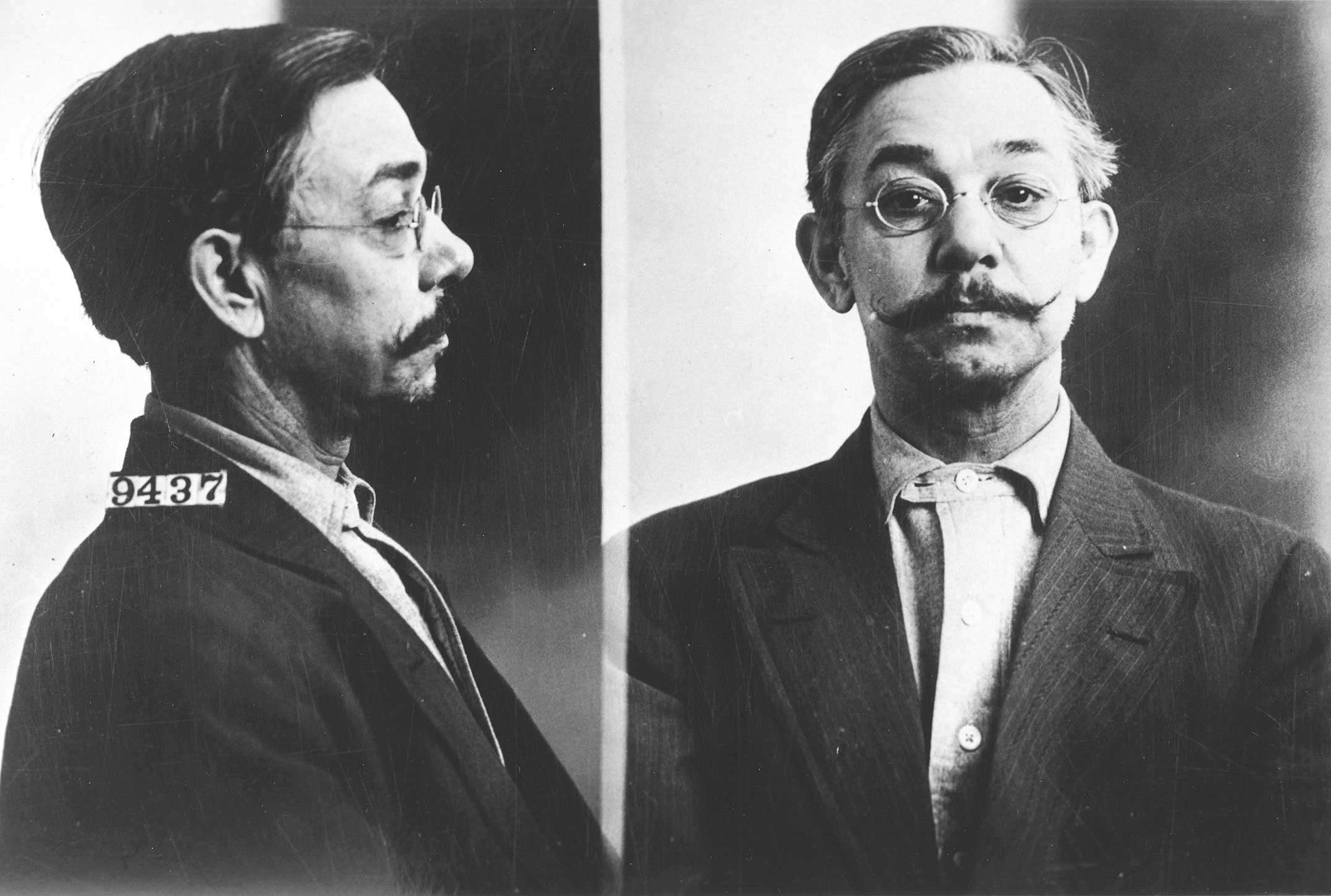The Butter Battle
Bootlegging margarine.

When someone predicts that "our soils will become barren" and "the dairy industry will be destroyed," you might think a wrathful god is unleashing a cattle plague. But in 1886, the year those threats were registered in the Congressional Record, the source of deadly danger was no deity. It was margarine.
The cheap alternative to butter was taking France by storm. Fearing froggy competition, the American dairy lobby warned that the margarine menace would rob the red-blooded American public of "life promoting vitamins…without which human infants cannot continue to live." Congress was thus persuaded to pass the Margarine Act of 1886. Butter alternatives became more expensive, thanks to high taxes and limited access to licenses for legal production, which remained in place until 1950.
Making a cheap thing artificially expensive is a great way to create a black market. And lo and behold, by 1915 the U.S. government was deep into the business of locking up folks like oleomargarine bootlegger Charles Wille (pictured above) in Leavenworth Federal Penitentiary. Wille is one of a rogues' gallery of bread-spread criminals on display in an exhibit, "What's Cooking, Uncle Sam?," scheduled to run through January 3, 2012, at the National Archives in Washington, D.C.
Katherine Mangu-Ward is a senior editor at reason.


Show Comments (64)